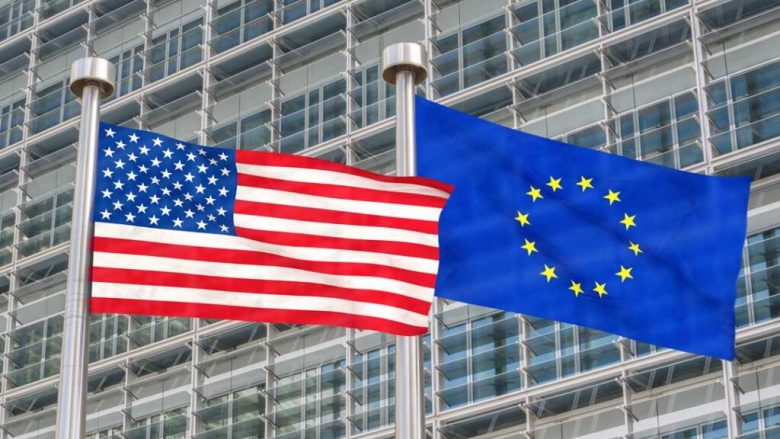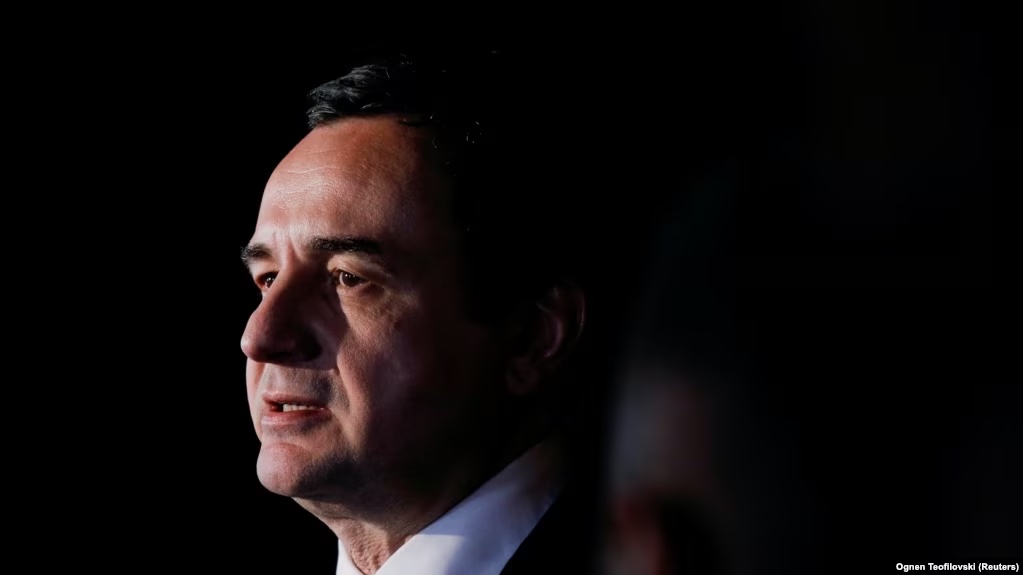Wednesday, December 9th 2015

Bekim ÇOLLAKU – Minister of European Integration of Kosovo
Most other languages do not have an equivalent word for it. In Kosovo, not only can it not be translated as a single word into local languages, but it’s becoming hard to translate its meaning at all. I wonder whether after decades of restrictive visa policies it is really even possible to feel “wanderlust” in Kosovo, and especially the kind of wanderlust that would involve EU countries.
If yes, the first step in satisfying one’s wanderlust still involves filling in a visa application and providing enough supporting documents to cover the floor of good-sized room. The process does not stop there; add to that several days of work handing in those documents and giving interviews to consular officials in various EU member states’ embassies, some of which are only located in neighbouring countries.
At the end of the war in 1999, we were free. If someone told me then that sixteen years later people from Kosovo could not travel freely to the countries of the EU, I would have questioned their sanity. In 2008, after we declared independence and welcomed the biggest-ever EU Rule of Law mission with far reaching executive powers, I would have had the same reaction. But here we are, at the end of 2015.
Kosovo, together with the rest of the region, was offered the promise of European integration in the early 2000s. This year we signed a Stabilisation and Association Agreement with the EU, despite five member states not recognising Kosovo, on the back of a domestic reform agenda. We also took a series of very difficult decisions including the setting up of a specialised court to investigate alleged war crimes and implemented new agreements to normalise relations with Serbia.
Signing the SAA was a historic moment for Kosovo’s EU integration process, but for the process really to take off, ordinary Kosovars need to know that the prospect of membership is real.
Despite having a vibrant society that is overwhelmingly supportive of European integration, too often I meet young people who question how we can speak about their European future, when they can’t even travel and see the EU.
After years of seeing their peers in the region travel freely now, I cannot blame them.
So what is taking so long for Kosovo?
One reason is that despite Kosovo’s intention to start early, it got its roadmap for visa liberalisation from the European Commission in 2012, four years after the rest of the region, and with twice as many criteria. A long list of explanations were given as to why the criteria were expanded.
To cut a long story short, we agreed to it and committed to address every single one of these because agreed that the reforms would be good for the country and would ultimately lead to the fulfilment of our citizens’ desire to be able to travel freely.
But now, nearly three years into the dialogue on visa liberalisation we believe Kosovo is ready.
We have set up institutional mechanisms to follow all the Commission’s recommendations. In June we submitted our third and final readiness report and this month expected the publication of the third evaluation by the Commission on Kosovo’s preparedness. It was difficult to get here, but today we have better policies and means to deal with illegal migration, better border controls, more document security, and an improved internal security and a more reformed rule of law sector generally.
We are confident that we have fulfilled all our obligations.
Another important element that will weigh on the EU’s evaluation of whether Kosovo is ready is the potential impact liberalisation has on migration. We had a very unfortunate surge of illegal migrants last winter, but we have dealt with it. From several hundred illegal migrants leaving Kosovo each day last December and in January, measures we have taken have reduced the number to zero.
By the end of 2015 we expect we will have returned over 20,000 people, more than 400% more than last year.
The recent surge in refugee numbers is understandably making everyone more cautious about border control and movement in and around the EU. But the EU’s credibility would suffer if it were suddenly to change the rules and Kosovars, thousands of whom have been refugees themselves, should not be collateral damage.
This is a very emotional issue for the citizens of my country who want to see the first tangible results of their commitment and aspirations for EU integration, by being able to simply travel to the EU.
Kosovo is ready for visa liberalisation. So are its people.
*The statements, views and opinions expressed in this column are solely those of the author and do not necessarily represent those of Prizren Post.
Etiketa: bekim collaku, Kosova, visa liberalisation



